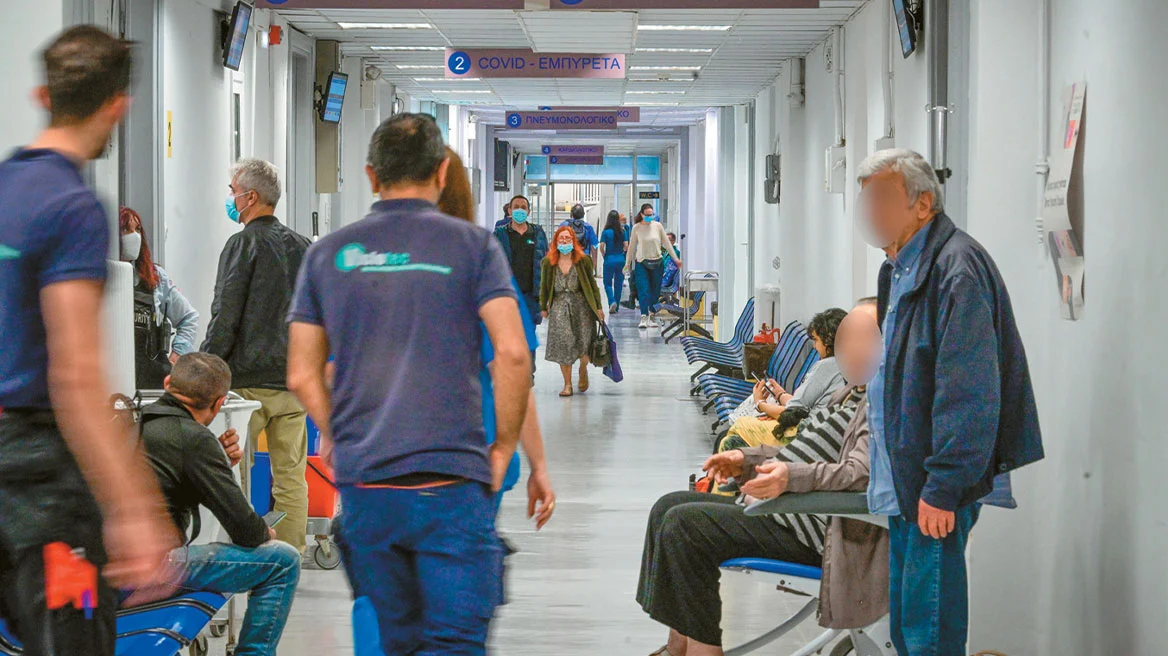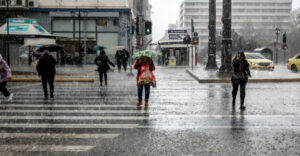Noon and midnight hours will be the cheapest in electricity prices under a plan by the Department of Energy’s Environment and Energy Ministry to move consumption hours to zones with lower charges for households and businesses.
These days the final touches are being put on the design for the mixed tariff, which were also discussed yesterday between Environment and Energy Minister Theodoros Skylakakis and the DEDDEO so that the new environment in the night tariff can start from the new year.
Although the hours remain to be finalized by the ministry yesterday, Mr. Skylakakis estimated that the basic thought is that the midday tariff will cover the period from 11am to 3pm and the night after midnight (probably after 1am). The reason why these hours are chosen is because this is when the lowest prices in the market are offered since it is the hours when the PVs are working at full capacity (midday) and the hours after midnight when prices also drop due to low demand. According to the minister, with this planning and because in those hours, the demand for electricity will be moved for lower cost reasons, we will be able to have a drop in prices in the expensive zone, which will be the other hours.
When prices are tweaked
It is indicative that based on today, December 11, the wholesale price shows an increase of almost 20% and prices go upwards at 8am with a cost of 276.12 euros per megawatt hour and then at 6pm which reaches 274 euros and soars at 8am with a cost of 331.26 euros per megawatt hour. On the contrary, between 10 am and 3 pm the average price ranges from 132 to 151.4 euros per megawatt hour.
The initial scenario of the night-time tariff being transferred entirely to the midday hours was abandoned on the grounds that a significant proportion of the population may not be at home or may not have electrical appliances that they can remotely control and program their operation. However, the Ministry of Environment is of the opinion that the lunchtime audience is not negligible and that it is covered by retired people, people caring for young children, freelancers, telecommuters, etc.
The zonal charging will be extended to weekends where due to also low demand on electricity the perimeter of the cheapest charges may be the same or even higher than on weekdays. In the evening hours the tariffs will be more expensive as is the case today as these are the hours when the expensive fossil fuel plants pour energy into the power system.
Ask me anything
Explore related questions





